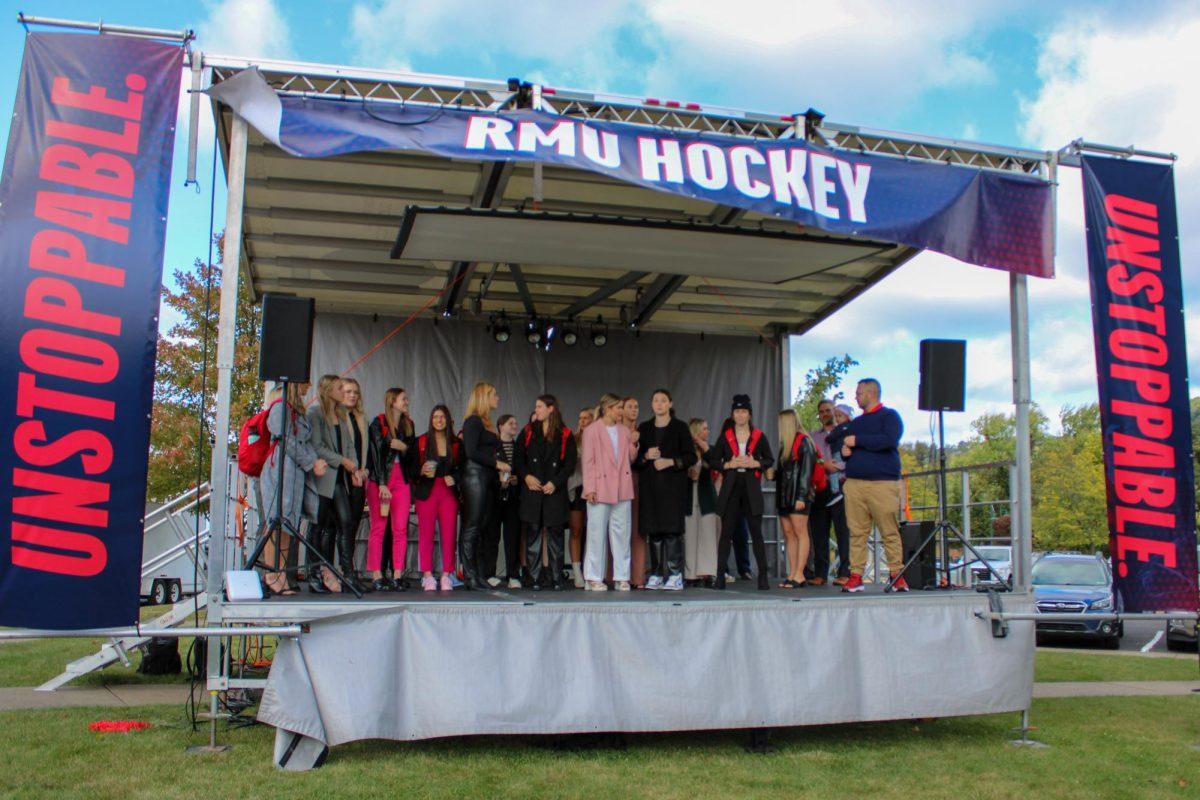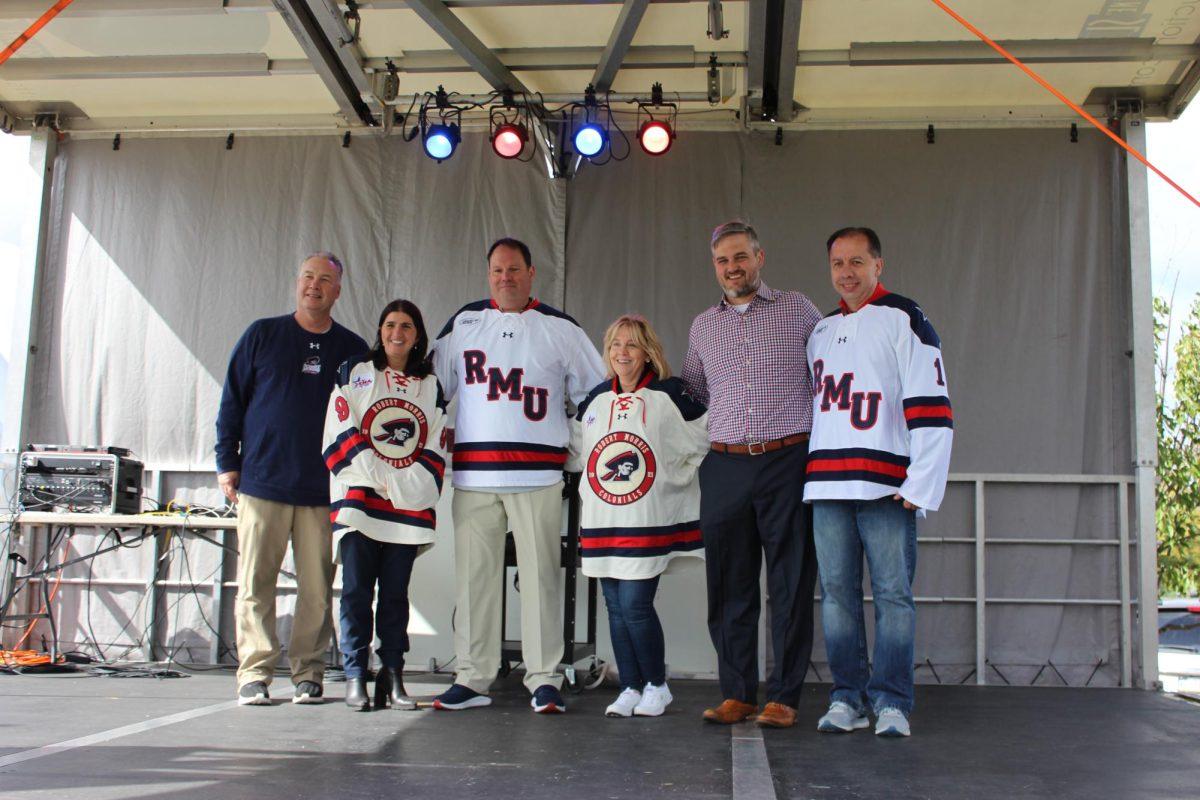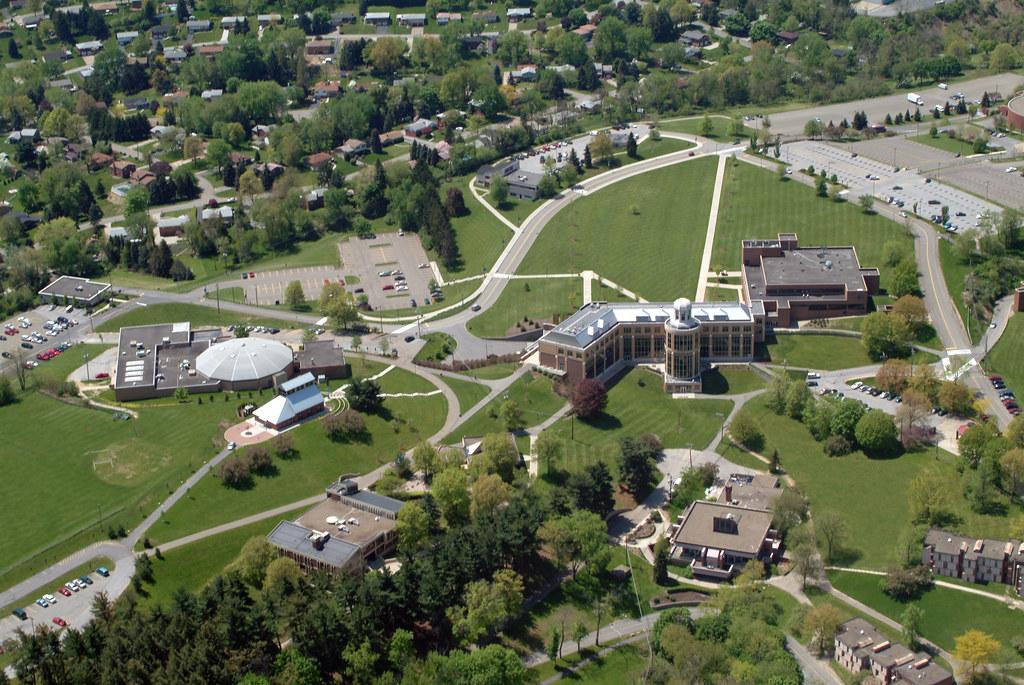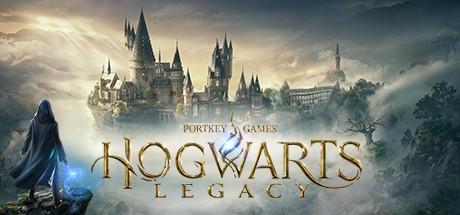For 17 years, Grigory Sovko has lived in Moscow, Russia surrounded by his immediate family.
At 17 years of age, Sovko flew out to Los Angeles, and instantly fell in love with the American culture.
Nowadays, Sovko is attending Robert Morris University (RMU) on a tennis scholarship. While the United States can be considered a unique country, there are many similarities between it and Sovko’s homeland.
“In some ways, the people are pretty similar,” Sovko said.
On a sunny day, Sovko might take a bus and walk around the city of Moscow with friends – perhaps visiting a hookah bar to relax or a café for conversation. For lunch, he may stop and have some Borscht, a beetroot-based soup, or Pelmeni, Russian dumplings.
“You can’t eat that stuff all the time,” said Sovko, “But it’s so good.”
Just like a Saturday at RMU, the youth of Russia visits local malls, and spends time with friends. While Sovko lived in the city, he visited the countryside on the weekends where some family members owned houses.
“The weather is about the same as Pittsburgh, just colder,” Sovko said.
Most people in Russia, who are certainly more adjusted to a colder climate, do not fit the Russian stereotype of “loving the cold weather”.
The typical speaking distance, or private space, whether in an indoor or outdoor setting, is about the same as the United States. When addressing someone in Russia, much like in America, the first name will be used if the person is an acquaintance. On the other hand, much like in America, it is proper to ask new companions how they would prefer to be addressed.
New Year holds one of the biggest traditions in Russia. It is a time when nearly half the population goes on vacation, and the other half celebrates, all taking place from the first to the 10th of January.
Additionally, on May 8and May 9, Russia honors the end of World War II. If one is trying to visit the country and wants to have an unforgettable experience, either one of these holidays would be ideal.
The education system in Russia begins for students at age two with kindergarten, and pre-school when one is four or five years old. At six years old, students attend elementary school. while some schools go up to fourth grade, Sovko’s only went to third. From this point, he went immediately to primary school, starting at fifth grade.
Primary schools in Russia are combined with all students from grades five through 11 in one school.
The 11th grade consists of final exams, viewed similar to the SATs.
“If you’re in 11th grade, your entire life is nothing but studying,” said Sovko. “It’s hell.”
College is essential in Russia. For this reason, Sovko was surprised to find many opportunities existed in the United States without the need for a college degree.
For Sovko, testing was done by pulling a ticket consisting of three questions. There was a big possiblity that one would be asked a question by the professor instead of writing an essay response.
“It’s impossible to pass without knowing the material”, warned Sovko.
When asked about how easy it would be for an American to fly over to Russia and speak English, Sovko stated “In twenty years, yeah.”
“Right now, it’s about 50/50,” he added.
While French and German are spoken, English is the most widely utilized second-language in Russia. Companies give bigger salaries and better jobs to Russians who are fluent in English.
Many perceive Russia to be an extremely cold, distant and foreign location. However, Sovko explained there are more prominent similarities than there are differences.
It may be colder, but the people are, as George puts it, “more or less the same – just with more layers of clothing.”









Andrew Dickson • Feb 2, 2013 at 4:47 pm
RIP George